The Battle for Aleppo
A photo essay from an inconvenient war.
- October 19, 2012 | 12:00 am
Close to 30,000 people have been killed since the war began 20 months ago, and some 100,000 more have flooded over the border into Turkey. What’s striking is not the destruction of the city itself—though it’s as devastating as anything I’ve seen—but the resolve of the people to stay and create some semblance of normal life in the face of chaos and grave uncertainty.
Aleppans do laundry and shop for dinner amidst shelling and firefights. It’s not uncommon to turn a corner and find a body on the street, deemed too dangerous to claim during the previous night’s battle. When I expressed surprise at this willingness to stay under such conditions, Ahmed, a middle-aged shopkeeper I met in the residential neighborhood of Saif Al Dawla, asked me where I suggested they go. “What do you want us to do—leave our homes and run to Turkey? I would rather live in my home than live in poor conditions as a refugee.” Much was made of the surprise rebel offensive that broke out in Aleppo in July. But for the FSA fighters whose photographs appear on these pages, who begin each day after morning prayers rationing machine gun rounds, it’s hard to imagine victory when you’re counting bullets.
--Sebastiano Tomada Piccolomini

In Aleppo, it’s not uncommon to turn a corner and find a body, unclaimed from the previous night’s battle.

Once an Assad stronghold, Aleppo has become a critical battleground since the Free Syrian Army (FSA) launched a surprise offensive in July. FSA fighters carry a wounded comrade out of a firefight.

An FSA commander regroups after a surprise attack destroyed a key outpost.

A clash between FSA and government forces.

Rebel fighters break for a meal near the front line.

Prayers at a mosque that doubles as a refuge for the resistance.
